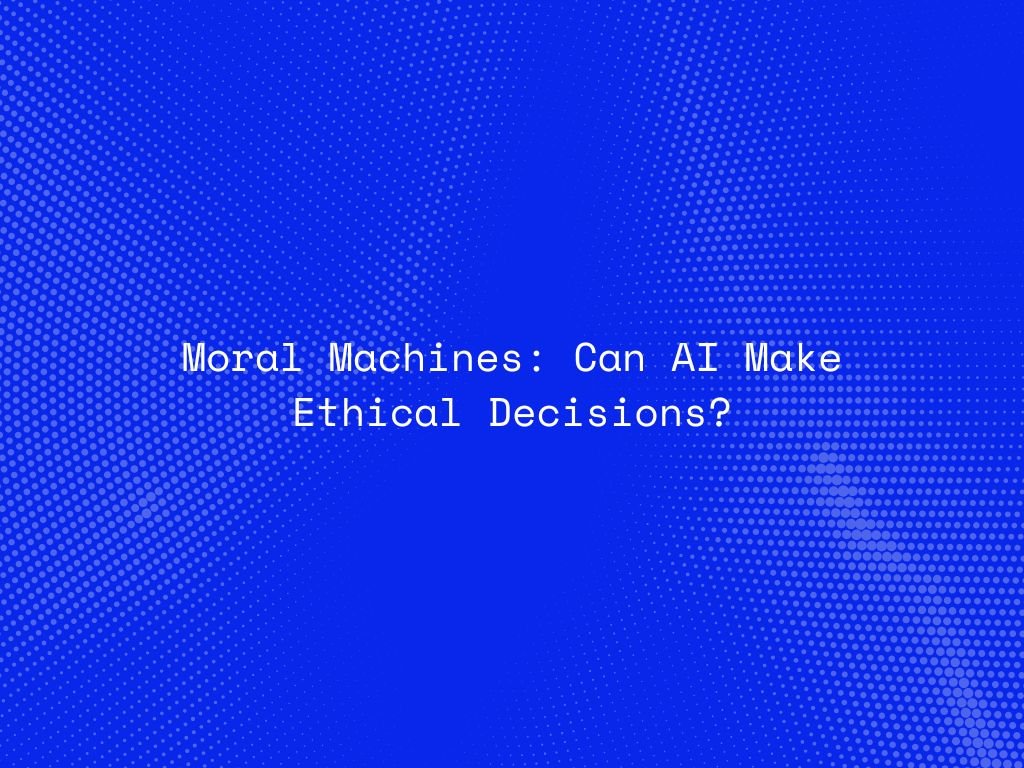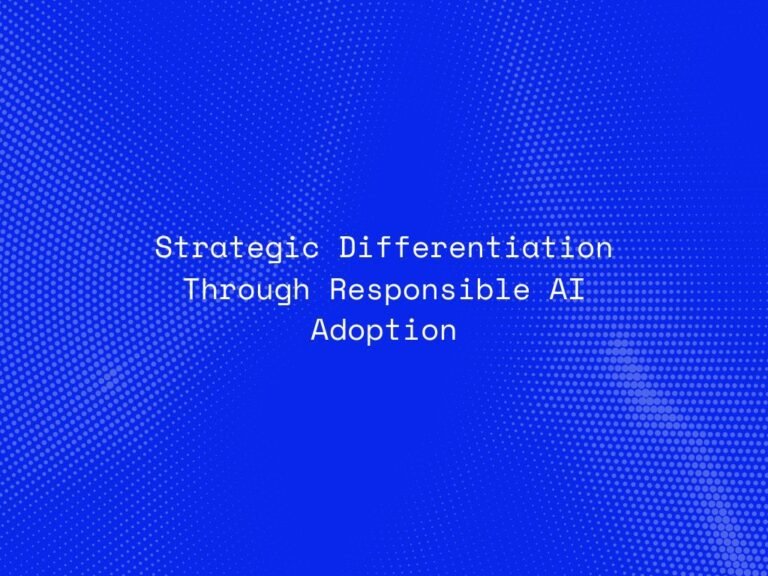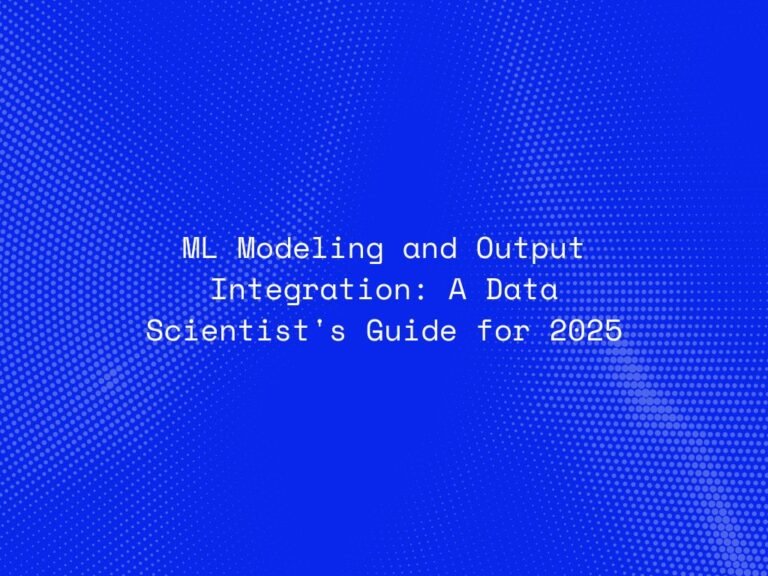As artificial intelligence (AI) systems increasingly influence areas like healthcare, finance, law enforcement, and even autonomous vehicles, one pressing question emerges: Can AI make ethical decisions? While machines excel at processing vast amounts of data and performing tasks with efficiency, morality has historically been the domain of human reasoning. Yet, as AI systems begin to take actions that have real-world consequences, the debate over “moral machines” is no longer theoretical—it is urgent.
The Rise of Ethical Challenges in AI
AI is not neutral. Every system is built on algorithms, training data, and design choices made by humans. These decisions inevitably introduce biases, values, and assumptions. For example:
-
Autonomous cars must decide whose safety to prioritize in unavoidable accidents.
-
Healthcare AI must balance speed and accuracy with ethical considerations like patient consent.
-
Hiring algorithms risk amplifying systemic bias if trained on unbalanced datasets.
These scenarios highlight a fundamental challenge: while humans rely on moral reasoning shaped by culture, empathy, and experience, AI relies on mathematical optimization. This disconnect fuels the debate about whether machines can—or should—make ethical choices.
Defining Machine Morality
For an AI system to act ethically, it must be designed to account for moral principles and human values. Researchers often explore this through three approaches:
-
Rule-Based Ethics – Embedding explicit ethical rules (such as “do not harm humans”), but these rules often oversimplify complex dilemmas.
-
Consequentialist Models – Teaching AI to maximize positive outcomes and minimize harm, though outcomes are not always predictable.
-
Value Alignment – Ensuring AI aligns its behavior with human values, which can be challenging due to cultural diversity and evolving norms.
These approaches illustrate that morality is not a single fixed standard but a spectrum of perspectives.
The Limits of Ethical AI
Despite advances, several barriers prevent AI from being truly moral:
-
Context Blindness: AI struggles with the nuanced context that humans naturally apply to ethical decisions.
-
Bias in Data: If training data reflects human prejudice, AI decisions will too.
-
Lack of Empathy: Machines cannot feel emotions like compassion or guilt, which are central to human morality.
-
Conflicting Values: Cultures and individuals differ on what is considered “ethical,” making universal programming nearly impossible.
This shows that AI can simulate ethical reasoning but may never achieve moral judgment in the human sense.

Ethical AI in Practice
Even if machines cannot be truly moral, ethical AI design is possible and necessary. Companies and policymakers are working on:
-
Transparency and Explainability – Ensuring users understand how AI decisions are made.
-
Regulation and Standards – Frameworks like the EU AI Act and IEEE guidelines aim to enforce ethical accountability.
-
Human-in-the-Loop Systems – Allowing humans to oversee and override AI decisions in critical situations.
-
Bias Mitigation – Using diverse datasets and fairness checks to reduce harmful outcomes.
For instance, in healthcare, AI tools are being paired with human doctors rather than replacing them, ensuring ethical oversight.
The Future of Moral Machines
Looking ahead, the question is not whether AI will be moral on its own, but how humans will shape and constrain AI systems to reflect ethical considerations. Progress may include:
-
Culturally adaptive AI that adjusts its decision-making to local values.
-
Global ethical standards that establish boundaries for AI behavior.
-
Collaborative AI-human ethics where machines provide data-driven insights but humans apply moral reasoning.
Ultimately, the morality of AI will always be a reflection of its human creators. As such, responsibility lies not with the machine, but with those who design, train, and deploy it.
Conclusion
The idea of moral machines challenges us to rethink both technology and humanity. While AI can support ethical decision-making by providing clarity, consistency, and data-driven insights, it cannot replace the human capacity for empathy, compassion, and context. The future of ethical AI lies in creating systems that are transparent, accountable, and always subject to human oversight.
AI may never become truly moral, but it can become responsibly designed—helping societies balance technological progress with human values.




